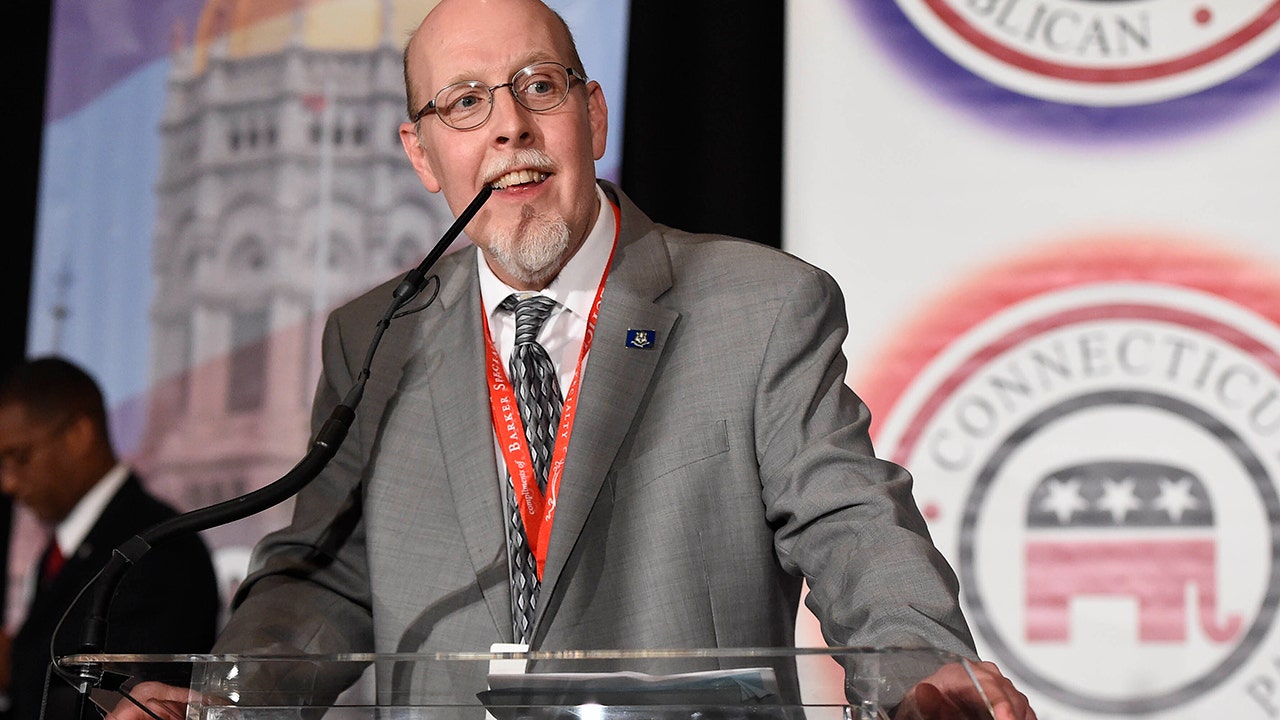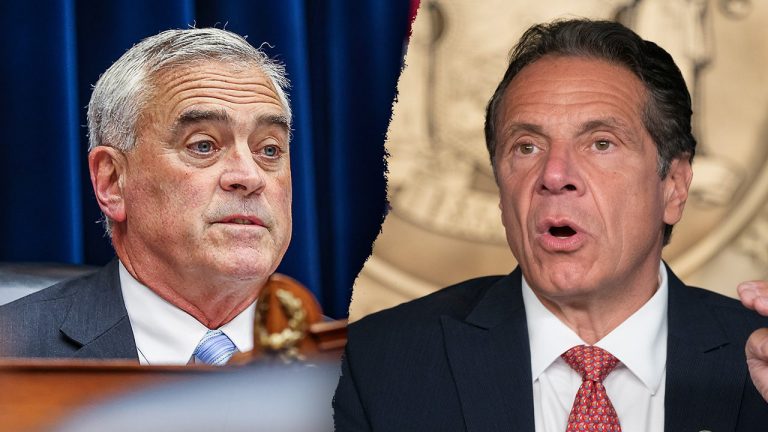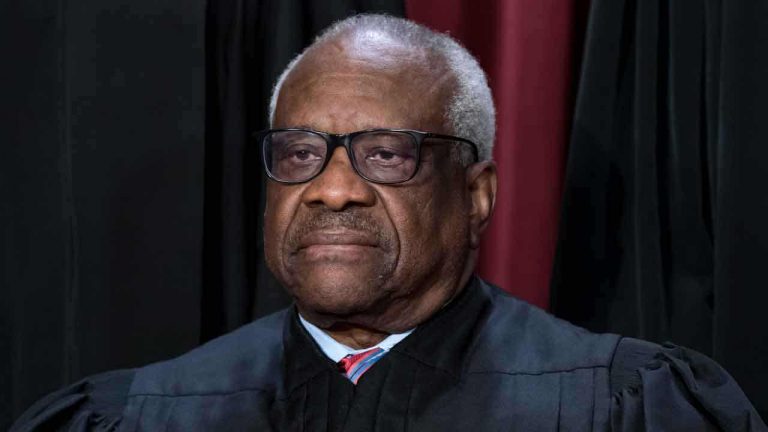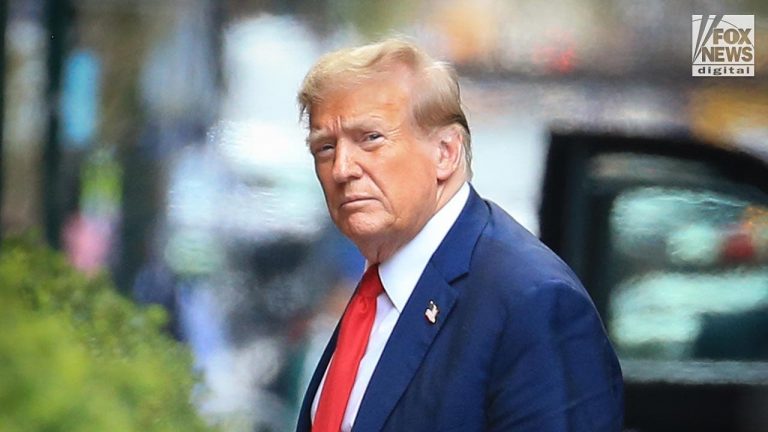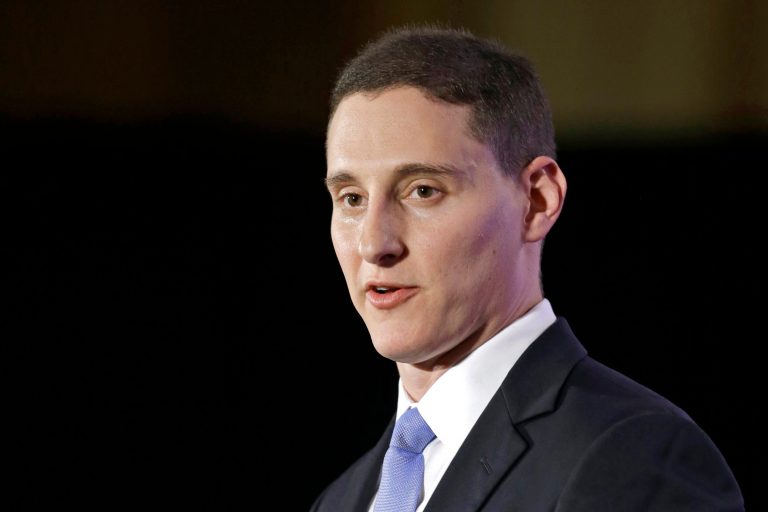Connecticut court says it’s allowed to criticize the governor in campaign ads using public funds.
The Connecticut Supreme Court made a groundbreaking ruling on Monday, stating that state elections officials had violated the free speech rights of two Republicans running for the state legislature. The officials had fined them thousands of dollars for criticizing the Democratic governor in ads funded by their publicly financed campaigns back in 2014.
Senator Rob Sampson and former Senator Joe Markley were the two individuals affected by the fines. In a unanimous 5-0 decision, the justices overturned the civil penalties imposed by the State Elections Enforcement Commission. This ruling carries significant weight and could potentially impact similar cases in other states as well.
The root of the issue lies in the fact that the commission believed Sampson and Markley had violated Connecticut’s Citizens’ Election Program rules by criticizing the policies of the then-Governor Dannel Malloy in their campaign materials. While the program does restrict candidates from using public funds for campaigns outside their race, the Supreme Court contested that the commission had overstepped its boundaries by prohibiting the candidates from criticizing Malloy.
Chief Justice Richard Robinson emphasized that the communications in question were purely rhetoric intended to highlight the strengths of Sampson and Markley’s candidacies as alternatives to the policies endorsed by Malloy and the Democratic Party. The court deemed the commission’s actions as unconstitutional and a violation of the first amendment rights, clarifying the boundaries of free speech in publicly funded campaigns.
Referencing past decisions by the U.S. Supreme Court and other judicial bodies, the ruling sheds light on the limitations that can be imposed on free speech within publicly funded campaigns. This case in Connecticut could serve as a precedent for other states with similar campaign finance laws, as only thirteen states currently provide some form of public funding to candidates for state offices.
Charles “Chip” Miller, the senior attorney representing Sampson and Markley, highlighted the relevance and implications of this case for other states facing similar issues. The identification and association of candidates with opposing political figures, as demonstrated in this case with Governor Malloy, could set a significant precedent for future campaign regulations.
Other states like Arizona and New York, which also provide public funding for state campaigns, have strict regulations prohibiting the use of public funds to support other candidates. The case in Connecticut has prompted a review from the Attorney General’s Office and will likely shape future decisions regarding campaign finance laws in the state.
Both Sampson and Markley expressed their relief and satisfaction with the court’s decision, emphasizing the importance of upholding free speech rights for all candidates. Markley, who served as a senator until 2019, criticized the commission’s interpretation of the law as “ludicrous” and believed that the courts would eventually overturn the fines.
Sampson, who went on to win a Senate seat after the 2014 campaign, felt vindicated by the court’s ruling and highlighted the significance of allowing candidates to freely express their opinions without fear of financial penalties.
During the 2014 campaign, both Sampson and Markley distributed campaign materials criticizing Malloy’s tax and spending policies, highlighting their fiscally conservative positions. The commission’s decision to penalize them for these actions ignited a legal battle that culminated in the recent ruling by the Supreme Court.
With the Supreme Court’s decision overturning the lower court’s ruling, Sampson and Markley have set a precedent for protecting free speech rights in publicly funded campaigns. The implications of this case extend beyond Connecticut and could potentially influence campaign finance laws in other states facing similar challenges.
As Connecticut continues to pave the way for campaign finance reform, the repercussions of this case will likely shape the future landscape of elections and political discourse in the state and beyond.


